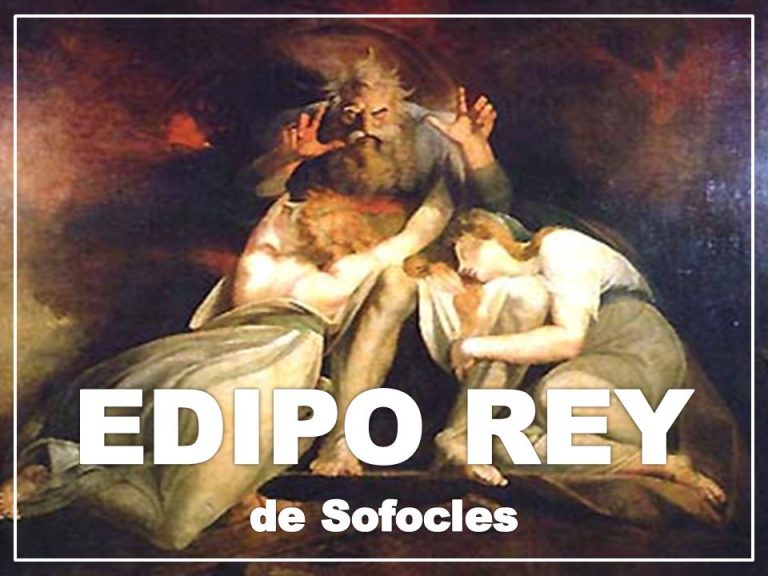On the Book’s Day, instituted by historical coincidences that draw a lot of attention, I want to share a reflection about a text that never ceases to surprise: Edipo Rey. He captures the most skeptical reader and shows a range of interpretations from philosophy, literature and history.
“Art opens to man an infinite power and exaltation of himself”, said the German philosopher and philologist Federico Nietzsche in his work “The origin of tragedy”, hence it can be analyzed, despite the existentialist vision of this man, the important role played by dramatic works and mainly tragedy, in the formation and distinction of Greek culture.
It is simple to argue the place of the Greek tragedy in that society, with only living in depth the story of Edipo Rey, considered by Aristotle the greatest example of this genre, and modern criticism as a work without parallel in the history of theater .
Many wonder if one can speak of Edipo Rey as a “realistic” work or, on the contrary, as a work that recreates a myth. Well, it is true that Sophocles resumed the Theban tragedy and there are anthropological and religious implications in his creation, in addition to the constant struggle of his protagonist with the fate that touched him: but who knows if this tragedy was inspired by mimesis (imitation) of an action or event succeeded by time …
What does convince any assiduous reader or not, of what Aristotle raised and then by Nietzsche, is the impeccable plot and deep vision of the motivations and human acts, developed by Sophocles, as a reflection of the culture of his time.
Translated into English by Yisel Torres Ruiz






